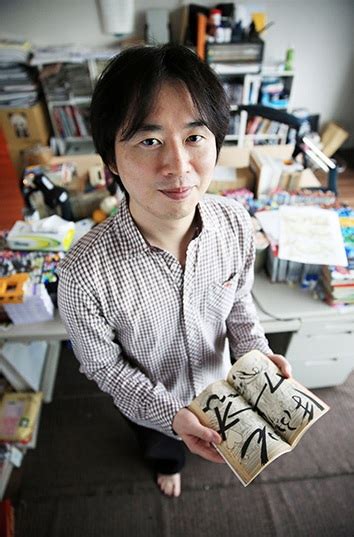A Quote by Sterling K. Brown
Empathy begins with understanding life from another person's perspective. Nobody has an objective experience of reality. It's all through our own individual prisms.
Related Quotes
There is no use in one person attempting to tell another what the meaning of life is. It involves too intimate an awareness. A major part of the meaning of life is contained in the very discovering of it. It is an ongoing experience of growth that involves a deepening contact with reality. To speak as though it were an objective knowledge, like the date of the war of 1812, misses the point altogether. The meaning of life is indeed objective when it is reached, but the way to it is by a path of subjectivities. . . . The meaning of life cannot be told; it has to happen to a person.
the novel is inherently a political instrument, regardless of its subject. It invites you - more than invites you, induces you - to live inside another person's skin. It creates empathy. And that's the antidote to bigotry. The novel doesn't just tell you about another life, which is what a newspaper would do. It makes you live another life, inhabit another perspective. And that's very important.
The act of compassion begins with full attention, just as rapport does. You have to really see the person. If you see the person, then naturally, empathy arises. If you tune into the other person, you feel with them. If empathy arises, and if that person is in dire need, then empathic concern can come. You want to help them, and then that begins a compassionate act. So I'd say that compassion begins with attention.
A mother has a unique perspective. Nobody sees the life of the child the way the child’s mother does—not even the father. This is Mary’s perspective of Jesus life. It seems to me that every genuine Christian, not just Catholics, should be interested in that perspective—and not just interested, but fascinated. In the rosary we ponder the life of Jesus through the eyes of his mother. This is an incredibly powerful experience if we enter into it fully
This question of love begins and ends with the willingness to be welcoming to one's own experience as a loving action towards oneself. It may be dark, it may be light, it may be joyous, it may be sorrowful, but it's your experience, and therefore, your life. As we have that kind of loving response towards our own life, then life itself in terms of the outside world, begins to feel different.
What evidence is there that we've adequately empathized with the other person? First, when an individual realizes that everything going on within has received full empathic understanding, they will experience a sense of relief. We can become aware of this phenomenon by noticing a corresponding release of tension in our own body.
Ultimately, peace is just not about politics. It's about attitudes; about a sense of empathy; about breaking down the divisions that we create for ourselves in our own minds and our own hearts that don't exist in any objective reality, but that we carry with us generation after generation. And I know, because America, we, too, have had to work hard over the decades, slowly, gradually, sometimes painfully, in fits and starts, to keep perfecting our union.


































